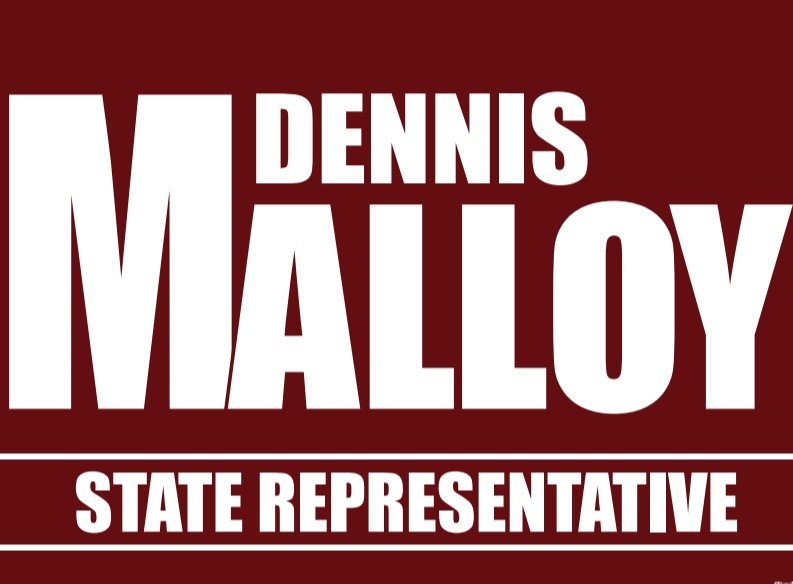Credit to Marjorie Porter (D-Hillsborough) InDepthNH.org February 4 and Garry Rayno InDepthNH.org February 2 for sections of the following.
The House Education Committee is studying the proposed school voucher program HB 20 and a record 3,198 members of the public signed their opposition to this legislation that if enacted would “downshift” at least $80 million to property tax payers.
According to the NH Dept. of Education, there are currently 16,294 students enrolled in private schools in NH, and 6,110 students being home schooled. Assuming they each would apply for scholarships and each received just the base aid amount, the cost to the state education trust fund would be $84,821,544, money that is not currently being spent.
Add that to the money needed to fund public school kids who might apply, and the total amount is daunting.
It is not clear where that money will come from. Business taxes are one of the main sources of revenue for the education trust fund, but the governor is calling for business tax cuts.
Not only is the cost alarming and would hit ALL NH property tax payers with a higher property tax, but the effect on the our state’s public education system could be devastating.
The vouchers could be used for private and religious school tuition, including out of state schools and programs.
The language of the bill is so vague that almost any instruction “material” or service” would qualify including the purchase of Netflix, Disney Plus and other services.
It’s open to any family with no income ceiling requirement and does not provide discrimination protection for LGBTQ, BIPOC, or disabled students.
Ranking Democrat Rep. Mel Myler (D-Hopkinton) said this is the most far-reaching voucher bill in the United States and would be disastrous for public education in New Hampshire.
The program is open to the parents of a student eligible to enroll in a public elementary or secondary school who wishes to send their child to a different school district, private or religious school, home school, or other alternative educational programs. The scholarship organization overseeing the grants would maintain a list of available services, but the state would not have to accredit a provider.
Provisions in the bill indicate there are no restrictions on the types of schools where the money could be spent and they do not have to abide by state or federal regulations, or change their creed, religion, or curriculum to receive grant money. Also there are no income limits
on who can participate in the program, causing several committee members to ask one of the bill’s sponsors Rep. Glenn Cordelli, R-Tuftonboro, who is the education committee vice chair, if the voucher program would not be the most wide open of any like program in the country.
Rep. Mel Myler, asked if the bill would not be the “first universal voucher program without any
qualifications in the country.” Cordelli said the bill establishes a savings account like five other states have and not a voucher system, and agreed it would be the broadest of any of those five programs.

